The ICARS Technical Advisory Forum
The ICARS Technical Advisory Forum – or TAF in short – was established in the fall of 2020, to provide scientific and expert advice to ICARS. The TAF reviews project proposals from potential partner LMICs and advises on the delivery of ICARS scientific activities. It brings together world-leading research expertise across human, animal and environmental health and takes a multidisciplinary approach.
TAF Members
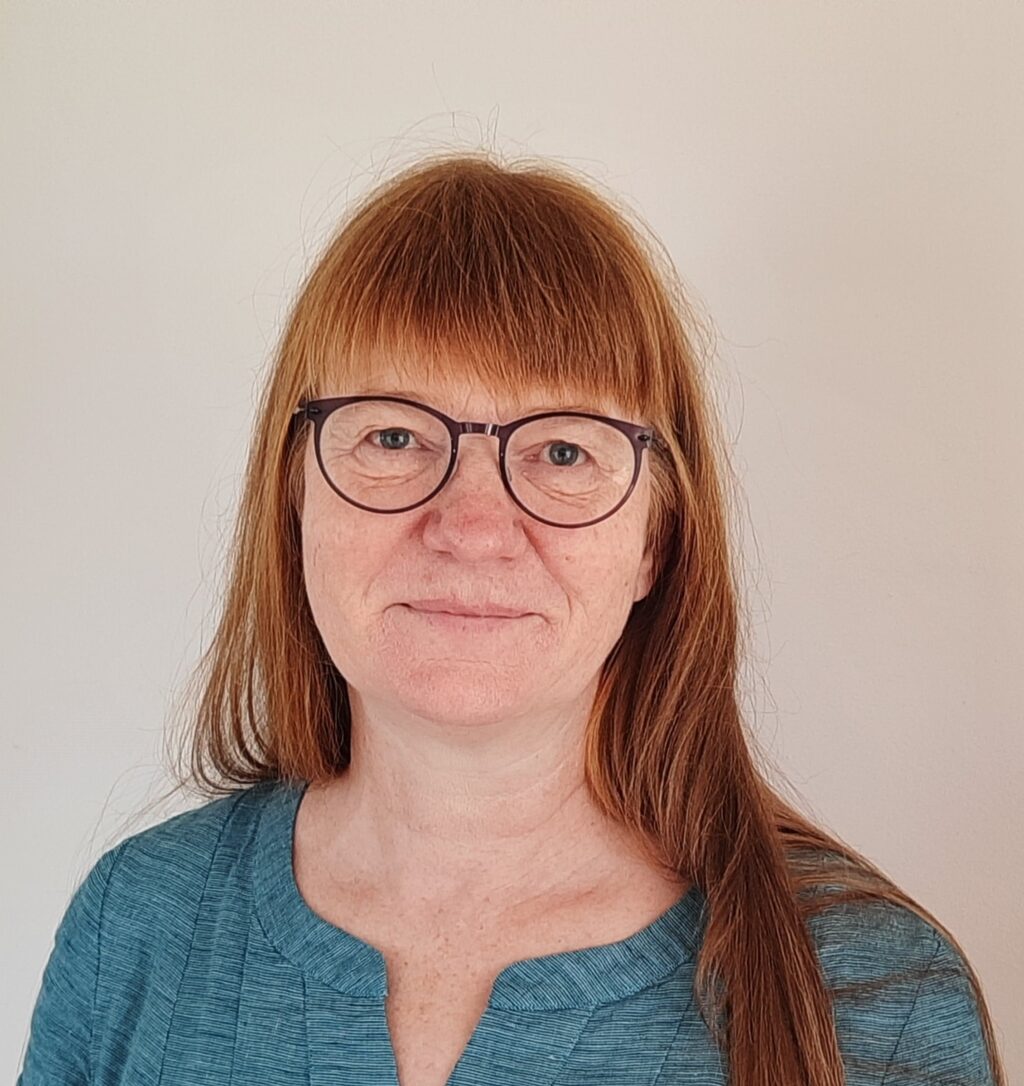
Associate Professor, Department of Public Health, Aarhus University, Denmark
Prof. Ulrika Enemark
Ulrika Enemark is a health economist and health systems researcher with special interest in 1) the interplay of need, care-seeking behaviour and financing mechanisms and the interlinkages with quality of care; 2) inequality in health & well-being and use of services, especially among elderly; and 3) cost and effect implications of organisational set-up of care services including healthcare associated infections. Linking to these areas UE has experience with survey design, methods for measuring quality of care, development of models for analysis of future financing strategies and analysing large data sets.
Ulrika Enemark has more than 20 years of extensive experience from developing countries (Bangladesh, Bhutan, Ghana, Kenya, Liberia, Malawi, Mozambique, Nigeria, Sudan, Tanzania, Timor-Leste, Uganda, Vietnam, Zambia, Zimbabwe). She has ample experience working with ministries and development partners on feasibility studies, program formulation, appraisal, review and evaluation of national strategic programs as well as development assistance to the health and water & sanitation sector.


Chair of Veterinary Infectious Disease at the University of Liverpool and joint appointment at the International Livestock Research Institute, Kenya/UK
Prof. Eric Fèvre
Eric Fèvre’s team (www.zoonotic-diseases.org; Twitter: @ZoonoticDisease) is a grouping of epidemiologists, ecologists, biologists, veterinarians and medical practitioners interested in the biology and control of (re-)emerging diseases, involved in projects researching disease transmission and control at the interface between animals, humans and the environment. He obtained his BSc in Biology/Geography from the University of Bristol (UK), his MSc in Applied Parasitology and Medical Entomology at the Liverpool School of Tropical Medicine (LSTM) and his PhD in Epidemiology from the University of Edinburgh’s Centre for Tropical Veterinary Medicine. He held a Wellcome Trust Research Fellowship 2009-2012. The UK Research Councils, UK DFID, the European Union, the Fleming Fund and the CGIAR Research Program on Agriculture for Nutrition and Health are current funders of the work. He is a member of several WHO committees, is a member of the Lancet Commission on One Health and the National AMR Technical Working Group in Kenya.

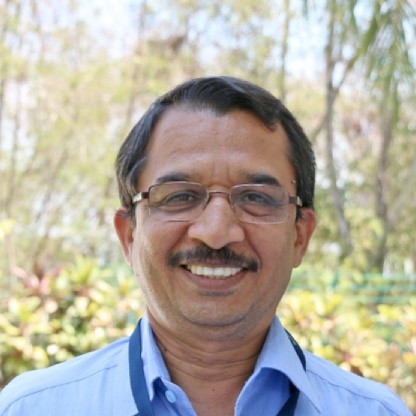
Principal Scientist, Sustainable Aquaculture, WorldFish, Penang, Malaysia
Dr. Chadag Vishnumurthy Mohan
Chadag Vishnumurthy Mohan is a Principal Scientist at WorldFish. WorldFish is part of One CGIAR, the world’s largest agricultural innovation network. WorldFish is a nonprofit research and innovation institution that creates, advances and translates scientific research on aquatic food systems into scalable solutions with transformational impact on human wellbeing and the environment. Within WorldFish, Dr Mohan leads the aquatic animal health research cluster under the Sustainable Aquaculture Flagship of CGIAR Research Program on Fish Agri-Food systems. He also serves as the Research Lead for India, a scaling country for WorldFish. He holds PhD in aquatic animal pathology from the University of Stirling. His expertise includes aquatic food systems, nutrition-sensitive fisheries and aquaculture, one health encompassing health of animals, environment and people, epidemiology and surveillance, antimicrobial resistance and biosecurity governance. He spent 21 years at the College of Fisheries, University of Agricultural Sciences, Mangalore, India. Before joining WorldFish in April 2014, he worked for Intergovernmental Network of Aquaculture Centres in the Asia Pacific (NACA) based in Bangkok for 11 years, supporting sustainable aquaculture and aquatic animal health R&D programs in 18 Asia Pacific countries. He served as the Chairperson of Fish Health Section (FHS) of Asian Fisheries Society (AFS) for the period 2011-2014. He has authored/co-authored over 125 research papers.

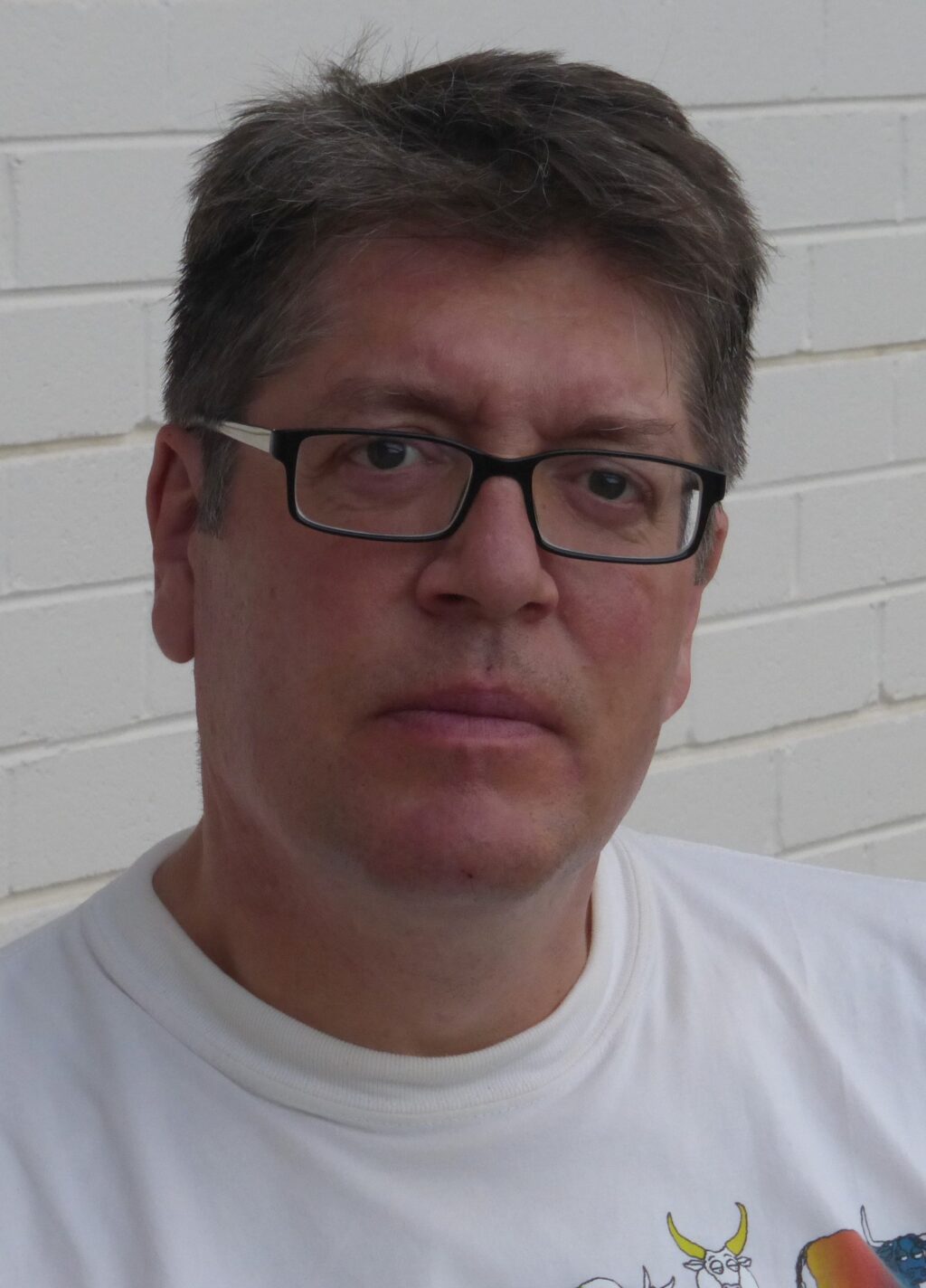
Professor of Animal Health and Food Systems Economics at the University of Liverpool, UK
Prof. Jonathan Rushton
Jonathan Rushton is an agricultural economist who specialises in the economics of animal health and food systems. His principal research interests are the: Global Burden of Animal Diseases (GBADs) where he directs a global programme with OIE; economics of antimicrobial use and resistance in livestock; and assessment of the multidimensionality of food quality and public health. He has recently completed studies on the economics of antimicrobial use in livestock in SE Asia for FAO and the economics of new livestock vaccines for the EU funded SAPHIR project and is currently involved in research on antimicrobial use in livestock in Vietnam (VIPARC), India (DARPI) and the EU (ROADMAP). He is working with IIAD on the economic dimensions of sustainable laboratory systems, a project funded by OIE. Jonathan embraces One Health approaches in the search for solutions to society’s health problems.
Jonathan is professor of animal health and food systems economics at the Institute of Infection, Veterinary and Ecological Sciences, University of Liverpool, leads a University Centre of Excellence for Sustainable Food Systems and is part of the N8 Agrifood programme. He is also adjunct Professor in the School of Behavioural, Cognitive & Social Sciences of the University of New England, Australia and president of the International Society for Economics and Social Sciences of Animal Health. In 2020 he became a Senior IIAD Fellow in Epidemiology at Texas A&M.
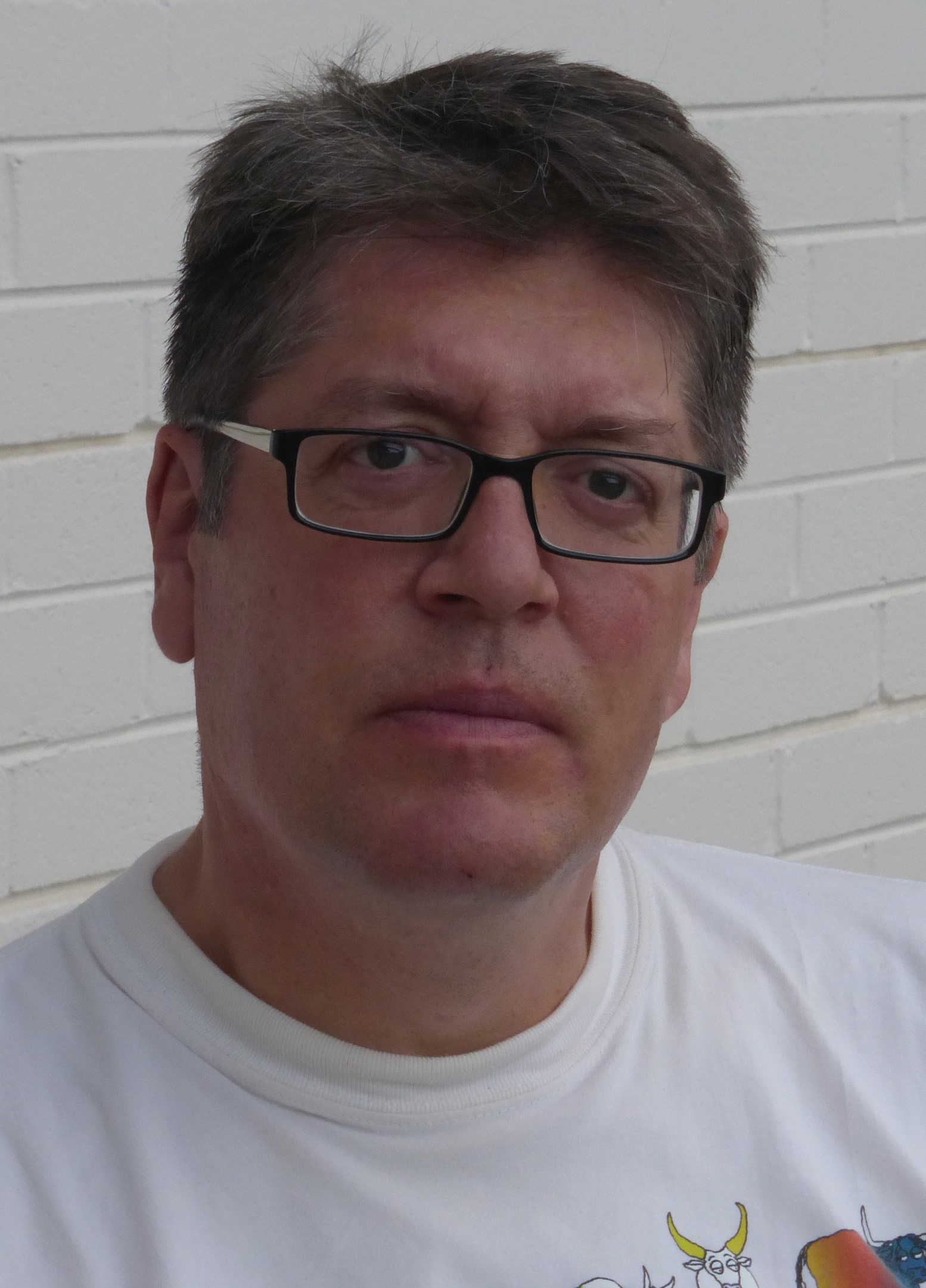
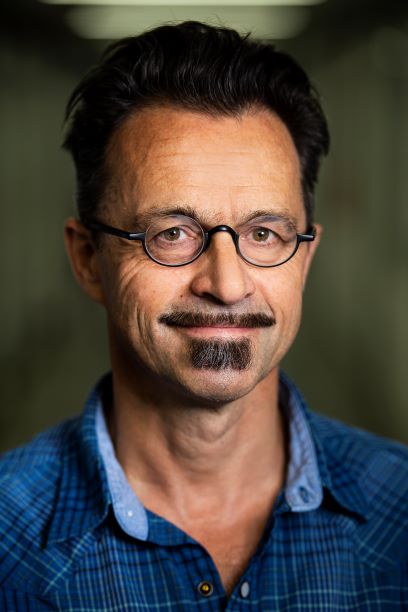
Professor of Environmental Microbiology, Technical University of Denmark, Denmark
Prof. Barth F. Smets
“I work at the interface of microbial ecology and environmental & public health engineering. Using experimental tools plus computational approaches, we study both curiosity-driven and mission-oriented questions, focusing on the microbiomes of water engineering applications. Examples include: the engineered nitrogen cycle (focus on anammox, comammox, and N2O); the link between microbiome dynamics and system performance and stability; biofilm composition and dynamics – especially in novel bioreactors; horizontal gene transfer and the fate of ARGs, and the fate of organic micro-pollutants. We try to understand the ecology of ARG and ARBs – based on experimental studies and the development of mathematical models at different scales – and to develop biology-inspired approaches to reduce ARG/ARB fluxes across environmental compartments.”

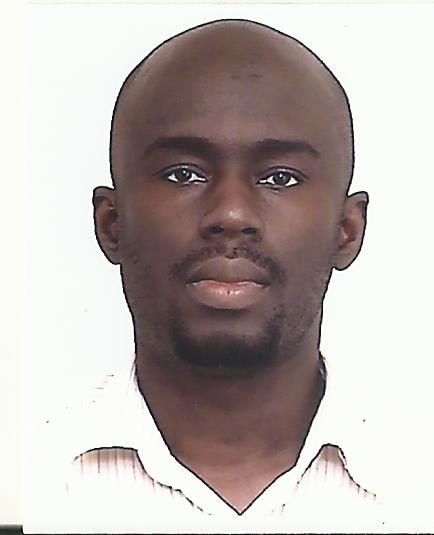
Senior Lecturer, Department of Medical Microbiology, University of Ghana Medical School
Appiah-Korang Labi
Dr. Appiah-Korang Labi is a Ghanaian medical doctor with specialisation in clinical microbiology. He is a graduate of the University of Ghana Medical School and holds a PhD in molecular bacteriology and infection from the University of Copenhagen.
He has previously worked for the Korle-Bu Teaching hospital, Accra, Ghana as a clinical microbiologist, and as a technical officer on Antimicrobial Resistance Structured Operational Research training initiative with the World Health Organization Ghana office. He is currently a senior lecturer at the department of Medical Microbiology of the University of Ghana Medical School. His research interests are in the areas of antimicrobial use and resistance as well as healthcare associated infections. He has published over 50 peer-reviewed articles both local and international.
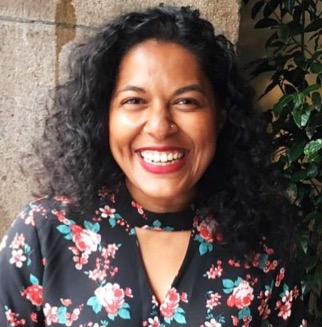
Associate Professor, University of Copenhagen; International Livestock Research Institute, Kenya 2019-to date CGIAR AMR Hub lead; International Livestock Research Institute, Kenya 2019-to date ILRI AMR Team Lead
Arshnee Moodley
Arshnee is a microbiologist working on AMR in animals for 20 years. She is the leader of the CGIAR Antimicrobial Resistance Hub and AMR Team lead at the International Livestock Research Institute in Nairobi, Kenya.
She is jointly appointed as an Associate Professor at the Department of Veterinary and Animal Sciences, University of Copenhagen, Denmark. Her research focuses on drivers of antimicrobial use, selection and spread of AMR, understanding AMR policies and identifying context relevant AMU reducing interventions in small holder farming systems in sub-Saharan Africa and South East Asia. She also has a keen interest in building technical AMR capacity and has established a state of the art AMR laboratory at the ILRI Nairobi campus. She is a member of the Quadripartite technical working group on AMR and AMU integrated surveillance.
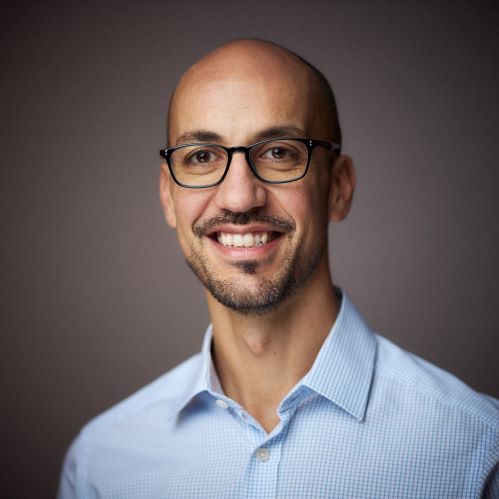
Postdoctoral Researcher (February 2023 – actual), KEMRI-Wellcome Trust Research Programme, Kilifi, Kenya and University of Oxford
Davide Bilardi
Davide Bilardi is Senior Postdoctoral Researcher based at the KEMRI-Wellcome Trust Research Programme in Kenya and Visiting Academic in Oxford. He is a social scientist with expertise in qualitative and mixed methods with a strong background in project management.
He completed his DPhil in clinical medicine at the University of Oxford with a focus on measuring the impact of capacity-strengthening initiatives in the context of global health research. His research project, carried out with the team of The Global Health Network, explored the effectiveness of tools used to measure the variance of research competencies in healthcare workers based in low-and middle-income countries. He involved participants from research centres in Brazil, Thailand and Zambia.
Davide joined KEMRI-Wellcome Trust Research Programme in Feb 2023, and he is based in the Health Systems and Research Ethics Department. His postdoctoral research project aims to explore research capacity strengthening good practices from the angle of fostering a more equitable and inclusive approach to knowledge exchange activities. His project builds on the extensive experience of the KEMRI-Wellcome Trust Research Programme in designing, implementing, and assessing capacity-strengthening initiatives and community engagement practices in global health research.
Davide is also part of the Decolonisation and Global Health Exchange Network.
Before joining the Programme, Davide supported – for more than a decade – global consortia delivering impactful international research. His collaboration with the PENTA network – a worldwide network of research centres working on paediatric infectious diseases – strengthened his ability to navigate effectively and efficiently in multidisciplinary environments involving high-income and low-and middle-income countries institutions. His background expertise spans from exploring behavioural and socioeconomic aspects of AMR and paediatric HIV to health emergency preparedness.
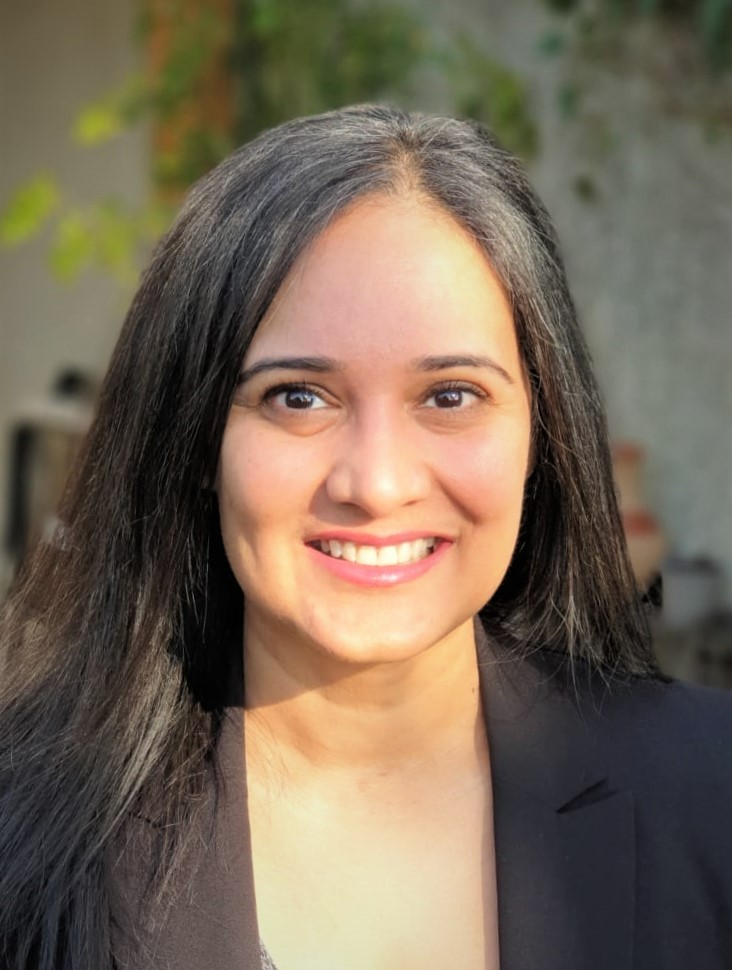
Director, International Policy AMR Action Fund Basel, Switzerland
Deepali Patel
Deepali Patel is Director of International Policy at the AMR Action Fund, based in Switzerland. She has over 15 years of experience in global health policy in the U.S., Europe, Central America, Africa and Asia.
Most recently, she led the development of policies and strategies at Gavi, the Vaccine Alliance, to accelerate the development, distribution, and uptake of high-impact vaccines in low- and middle-income countries. During that time, Deepali oversaw the successful approval of Gavi’s $2 billion malaria vaccine investment. She previously spent nine years at the National Academy of Medicine in the U.S., developing health policy and research recommendations for national and global stakeholders. She also serves on the Stakeholder Group for the EDCTP3 Joint Undertaking. She is a 2009 Fulbright Scholar and a graduate of the 2017 Advanced Course in Vaccinology. Deepali received an MPH from Johns Hopkins School of Public Health and a BS in Foreign Service from Georgetown University.
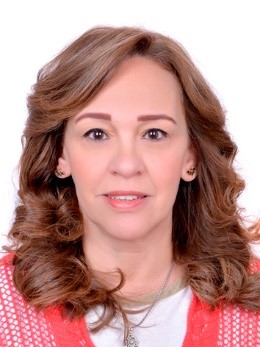
Public Health Advisor Antimicrobial Resistance, Infection Prevention and Control Former WHO Staff
Dr. Maha Mohamed Talaat Ismail
Dr. Maha Talaat is a public health adviser for antimicrobial resistance (AMR) and infection prevention and control (IPC). She has intensive experience in program design and management. She provided technical support to 22 countries at EMRO to enhance their capacities to combat AMR and strengthen IPC programs.
Dr. Talaat holds master’s and doctoral degrees in public health and epidemiology and has more than 50 publications in international journals and presented in 53 international meetings and conferences. She has more than 30 years of experience in public health and epidemiology of emerging infectious diseases. She has been leading more than 30 national and international public health programs in various technical areas such as supporting countries in epidemiology, surveillance, IPC, and AMR. She was the principal investigator of more than 20 research projects in various fields of public health (hepatitis, hospital infections, community-acquired infections, antimicrobial resistance, and respiratory infections). She has special skills in designing and implementing public health programs in LMIC.
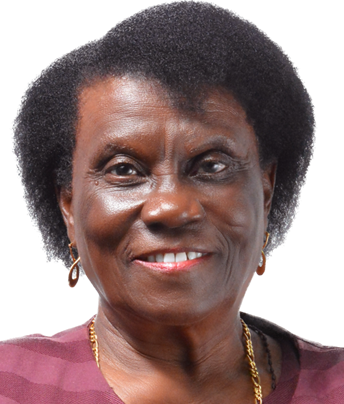
Kayondo Jane Frances Kengeya
Dr Kayondo Jane Frances KENGEYA (commonly known as Dr Jane), a Ugandan national with a medical degree from Makerere University (1978) and an MSc in epidemiology from the London School of Hygiene and Tropical Medicine (1986).
Retired in 2018 from an impactful health research career having held notable senior positions at national and international levels including: Wellcome Trust’s special adviser for Africa, Implementation Research Coordinator at WHO/TDR in Geneva, Strategic Analyst for WHO in the Director General`s office, Senior Programme Manager at Africa Research Excellence Fund – AREF, National Head of the UK Medical Research Council HIV/AIDS Research Unit in Uganda and head of Epidemiology at the Uganda Virus Research Institute.

Professor of Agricultural and Resource Economics, University of Edinburgh
Prof. Dominic Moran
Dominic Moran is Professor of Agricultural and Resource Economics at Edinburgh University, UK.
He has been working on AMR and One Health for the last 10 years including international projects in India and Argentina. These projects have worked on the interface between antimicrobial use in livestock production systems. His research focuses on the economic impact of AMU-related interventions on livestock systems. He is also developing One Health frameworks for prioritising cost-effective interventions to manage AMU and AMR. https://www.ed.ac.uk/profile/dominic-moran
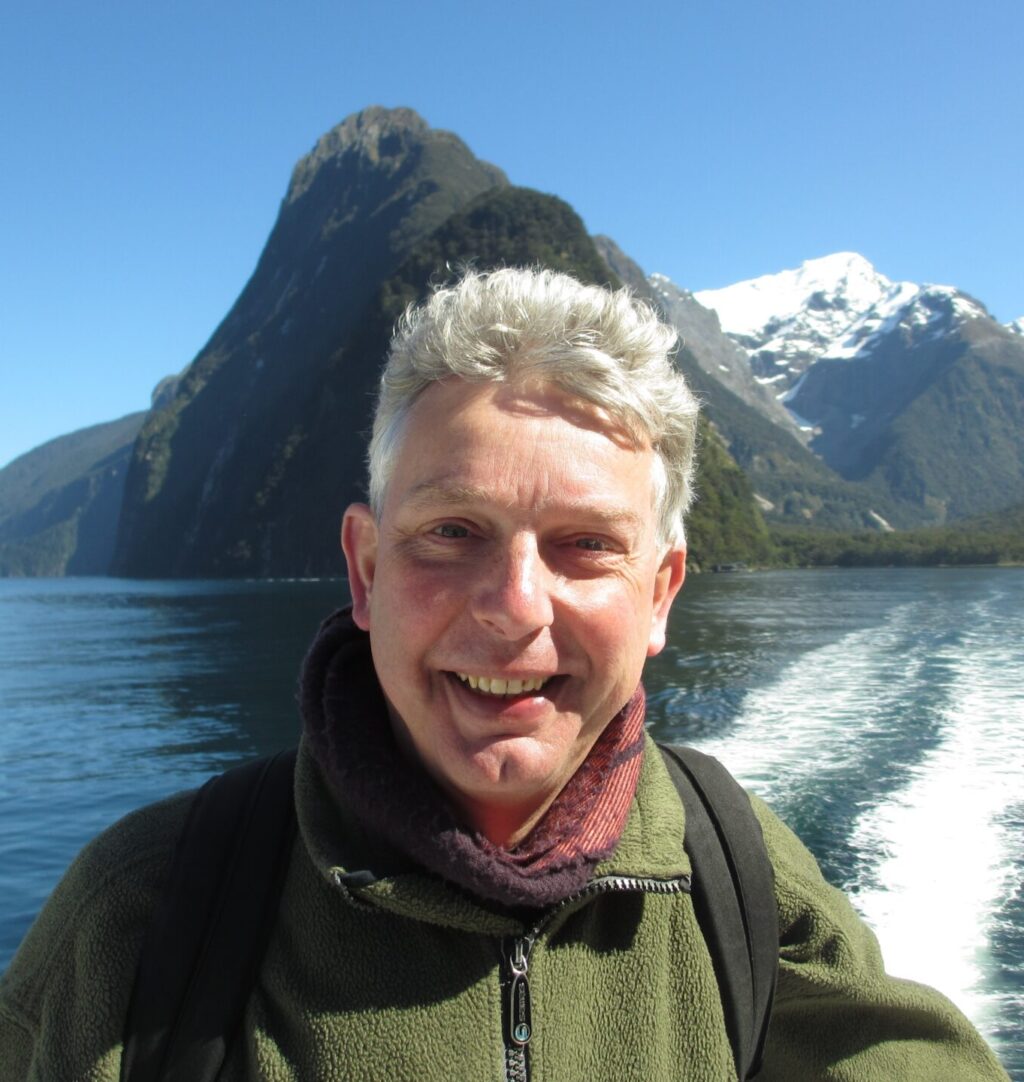
Professor at the Faculty of Veterinary Medicine, division of Infectious Diseases and Immunology at Utrecht University, the Netherlands
Prof. Jaap Wagenaar
Jaap Wagenaar was trained as veterinarian and completed his PhD study at Utrecht University and the USDA-National Animal Diseases Center, Ames, IA, US. He is founding member and Diplomat of the European College for Veterinary Microbiology (ECVM).
He worked at the reference institute of the Dutch Ministry of Agriculture in Lelystad, with WHO (Geneva, Switzerland), CDC (Atlanta, US) and USDA (Albany, Ca, US). In 2006 he was appointed as chair in Clinical Infectious Diseases at the Faculty of Veterinary Medicine, Utrecht University, the Netherlands. The main topics of his research are on antimicrobial resistance and on Campylobacter. He is (co)author of >300 publications and book chapters. He was member of the scientific panel of the Netherlands Veterinary Medicines Institute and involved in the major reduction of antimicrobial use in livestock. He is director of the WHO Collaborating Center for Campylobacter and Antimicrobial Resistance from a One Health perspective, and the WOAH-reference laboratory for Campylobacteriosis. He is member of the Technical Advisory Group of the Fleming Fund, an UK-initiative to build global capacity on AMR surveilance.
Jaap is Co-Chair of the Quadripartite Technical Group on Integrated Surveillance for Antimicrobial Resistance and Use (QTG-AIS). This group, installed by the Quadripartite members (the Food and Agriculture Organization of the United Nations (FAO), the United Nations Environment Programme (UNEP), the World Health Organization (WHO), and the World Organisation for Animal Health (WOAH)) provides strategic and technical advice to the Quadripartite and the Global Leaders Group on AMR.
Jaap is member of the European Commission Expert Group ‘Antimicrobial Resistance One Health Network’. This group assists the European Commission in relation to the implementation of existing Union legislation, programmes and policies.
Jaap is acting frequently as expert for WHO, FAO and WOAH. A considerable part of his research, field work, capacity building and policy support is carried out in LMIC.
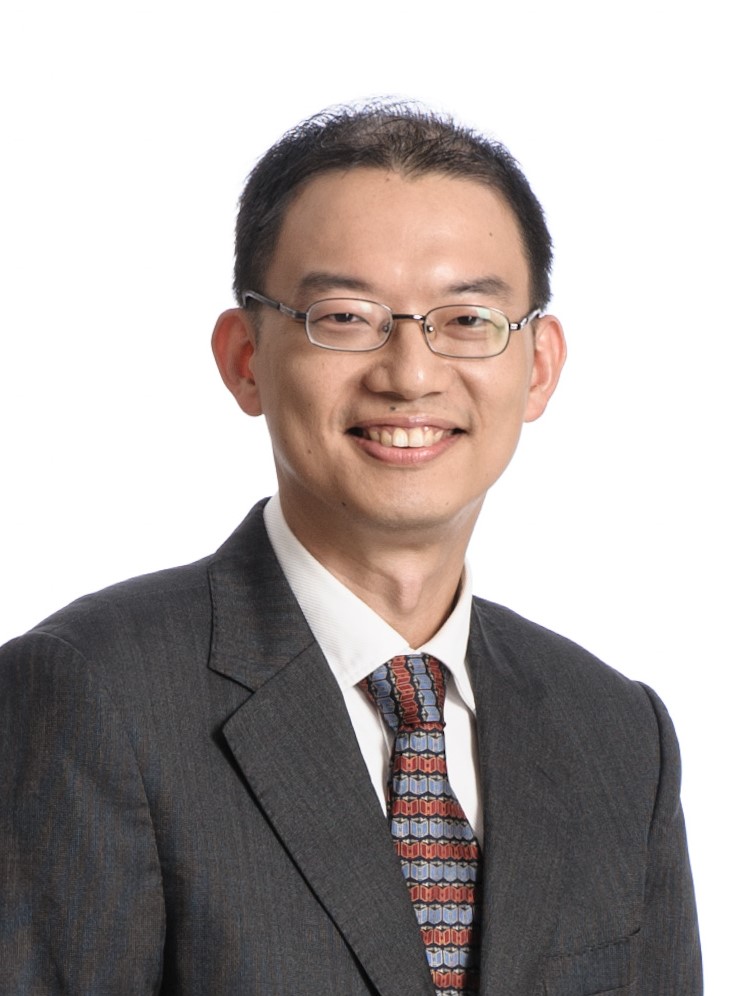
Associate Professor (Practice Track) & Vice Dean (Global Health), SSHSPH, NUS; Associate Director, Singapore Centre for Environmental Life Sciences Engineering (SCELSE), NUS; Adjunct Associate Professor, Department of Medicine, Yong Loo Lin School of Medicine, NUS
Prof. Vice Dean Li Yang Hsu
Infectious diseases physician with special interest in antibiotic resistance and tropical diseases. Currently working in private practice. Research work focused mainly on molecular epidemiology of methicillin-resistant Staphylococcus aureus (MRSA) and public health issues of antibiotic resistance.
Specialties: Laboratory (bench) research, health care policy, molecular epidemiology, infection control

Professor, Department of Geosciences and Natural Resource Management University of Copenhagen
Prof. Niels Fold
Professor Niels Fold holds a PhD in Economic Geography from the University of Copenhagen.
His research focuses on agro-industrial linkages and regional development in the Global South analyzed within a global value chain (GVC) approach. He is particularly interested in the impacts of regional growth centers and rural-urban dynamics on spatial restructuring processes. He has worked and published on several agro-industrial value chains in Ghana, Tanzania, Mali, Burkina Faso, Rwanda, South Africa, Zimbabwe, Zambia, Malaysia, Nepal, Vietnam and Colombia. He has extensive experience in management of externally funded research projects, coordination of multi-country programs, and handling of cross-disciplinary projects. Niels Fold is former director of a PhD Program at the University of Copenhagen, head of the research group ‘Environment and Society in the Global South’ and presently heading a consortium of Danish Universities that upgrades research capacity at Sokoine Agricultural University (Tanzania).

Professor of Development Economics, University of Göttingen & German Institute for Global & Area Studies (GIGA) Hamburg, Germany.
Prof. Renate Hartwig
Renate Hartwig is Professor of Development Economics at the University of Göttingen and the German Institute for Global and Area Studies (GIGA) in Hamburg, Germany.
She is a development economist and demographer. Her expertise lies in global health problems including antimicrobial resistance. She studies health care and product markets, health care financing systems, and health care provider and patient behavior. In current work, Renate studies, for example, antibiotic use by humans and in livestock production in Burkina Faso and the Democratic Republic of Congo. Renate is also Lead Investigator and Member of the Executive Committee of the Leibniz Research Alliance INFECTIONS in an Urbanizing World – Humans, Animals, Environment, an interdisciplinary research group which develops new strategies and methods for early warning and outbreak management systems to control the spread of (resistant) pathogens. In her other work she is researching the role of religion in access to and quality of health care, the role of religious messaging for health and fertility preferences. Renate’s methodological expertise are in randomized control trials, field experiments, survey design and econometric methods. She has a keen interest in decolonizing knowledge, opening up opportunities and capacity strengthening. In the past she has provided technical advice to governments and the Global North and South and interacted with the media on topics including social protection, health system strengthening and AMR.
